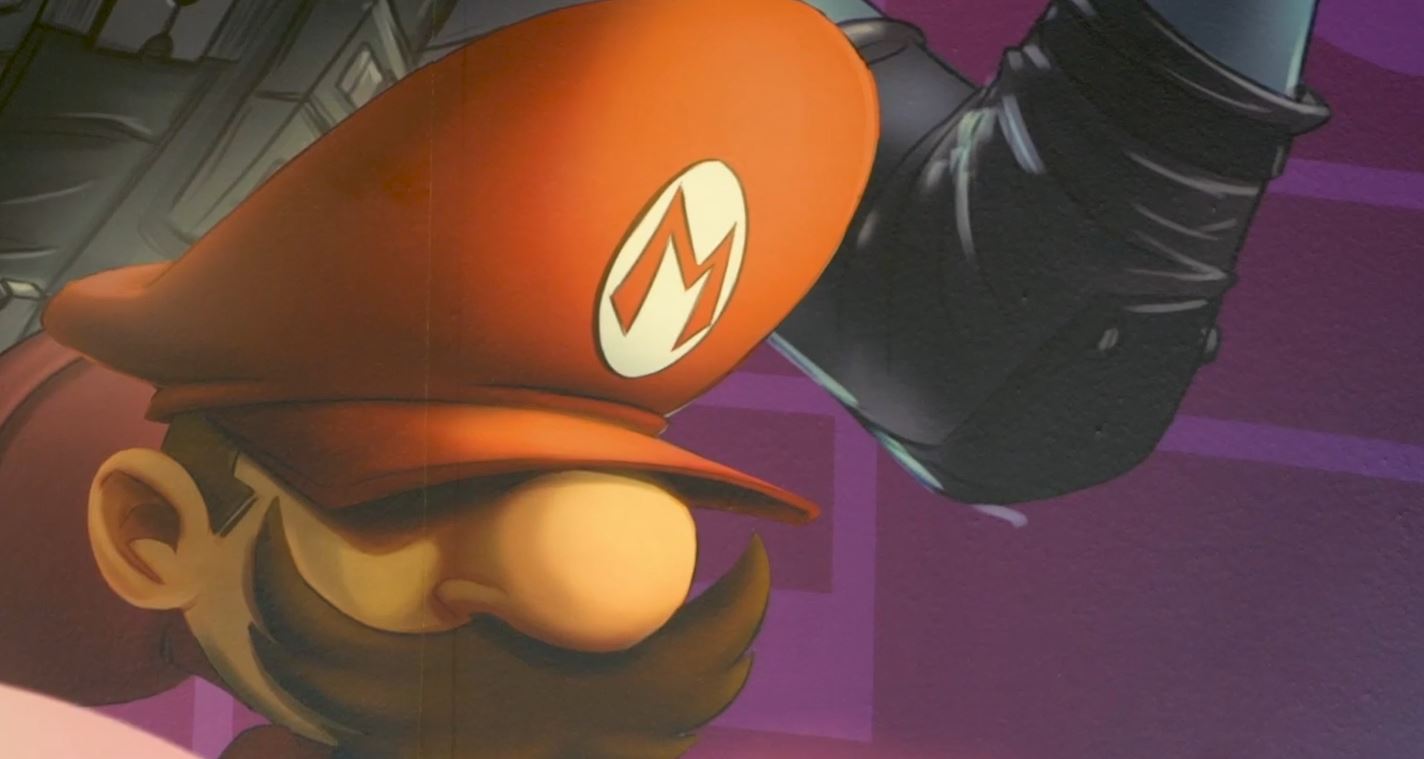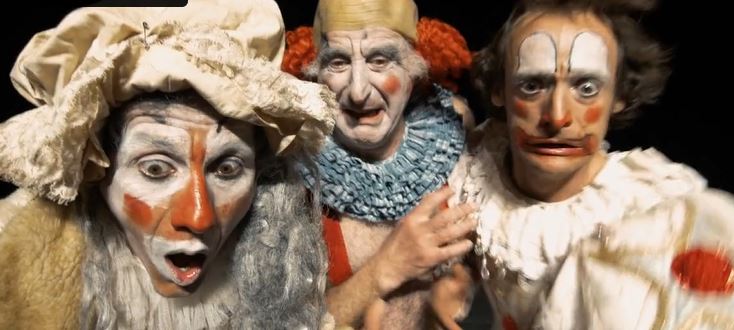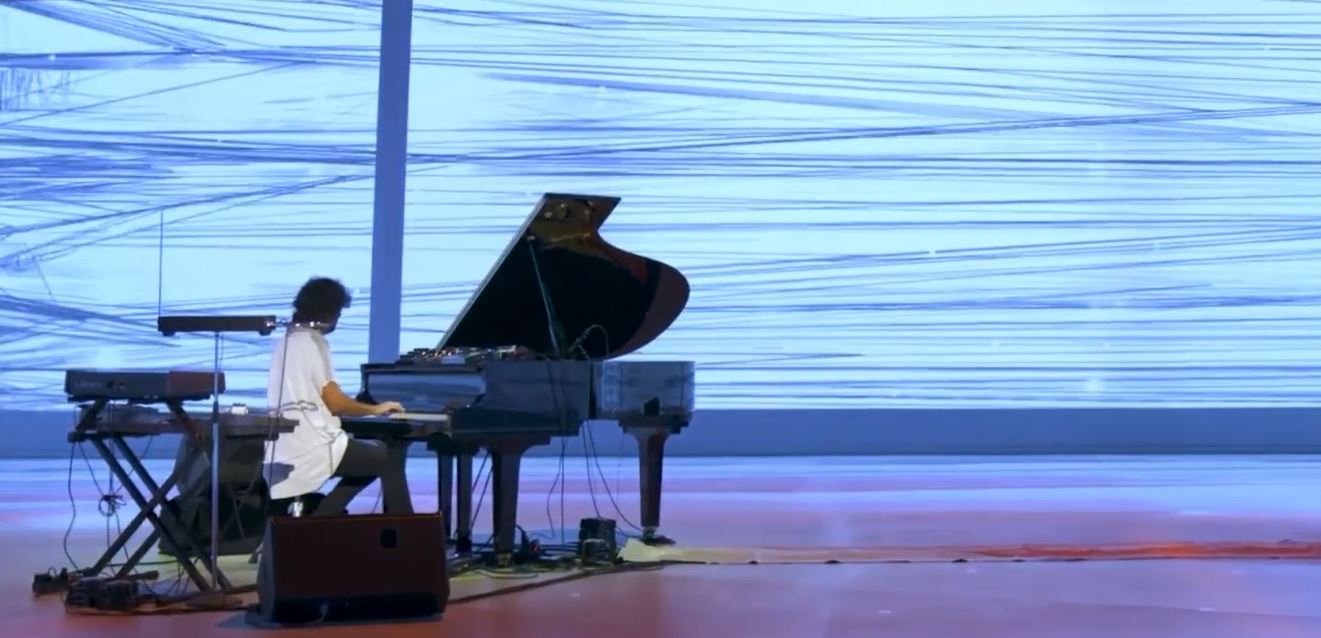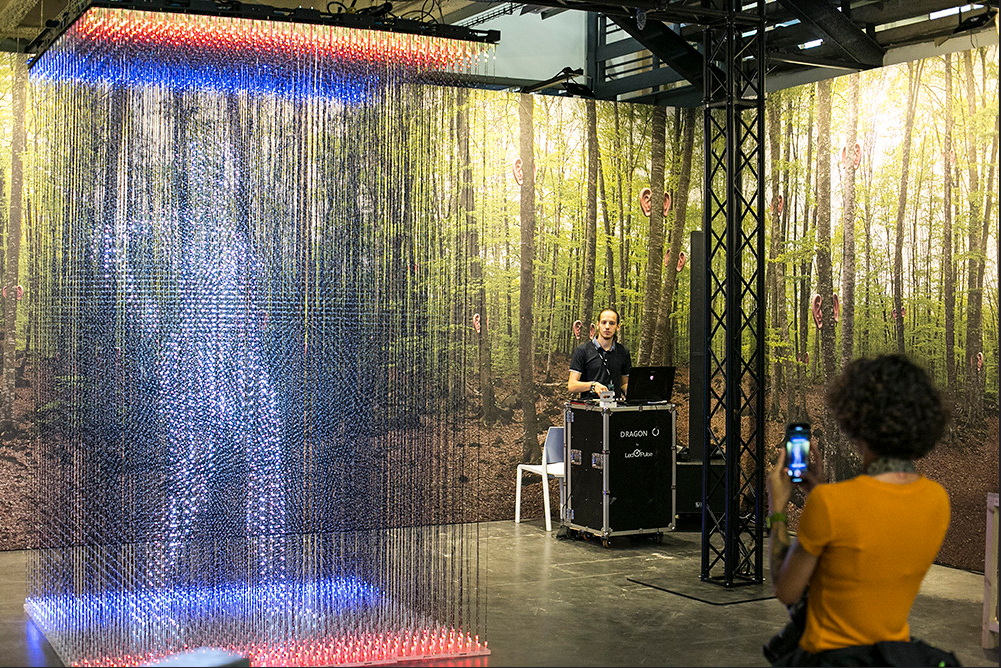
Stage director (theatre or circus)
Other denominations
Stage manager
Description
The main task of stage directors is to ensure the good coordination and fluidity of the performance, making sure that the performance is perfectly planned, ordered and all its elements form a tight mechanism and that it is perceived by the audience as a spontaneous, lively and free show. In short, they are responsible for ensuring that all the parts of a production are ordered and cohesive, in accordance with the purpose of the work.
Nowadays, circus, theatre, film and audio-visual productions are considered as means of communication to transmit messages through words and action via material means: organisation, actors and actresses, materials, sound and lighting, dialogues, etc. These professionals are responsible for ensuring that this transmission is carried out properly.
In the artistic fields of circus, theatre, film and audio-visual productions, directors coordinate and are supported by the rest of the artistic team, ensuring that rehearsals and performances run smoothly. Often, these professionals verify through the figure of the assistant director that all the other elements, such as lighting, costumes and scenery, specialised suppliers, etc., are well coordinated, harmonising the different elements of the stage creation in a specific space and time, trying to arouse emotions, sensations and ideas in the spectator through word and images. Therefore, this professional profile is usually that of a professional artist who carries out this task, encompassing theatrical or circus creation.
Tasks
- Conceptualise the scenic proposals of a show, analysing concepts, texts and images, assuming a fundamentally creative role.
- Transmit their idea and creative concept to the technical managers (lighting, sound, scenography) to find and adjust the most suitable final solution for the purposes of the circus or theatrical creation or performance.
- Develop an artistic project with the collaboration of artists and specialists, harmonising the scenic creation in each space and time.
- Plan the composition of the show, both from the aesthetical and technical perspective of the decorative elements of the stage, understanding the different languages involved in the performance: actors, actresses, sound, lighting and scenery.
- Plan and direct the overall process of the creation and realisation of the performance, applying the relevant working methodologies and assessing the properties of the performance and the aesthetic quality, exploring the dynamics of space, body and light.
- In large-scale stage productions, directors give instructions to their assistant to coordinate organisational matters relating to performers, rehearsal schedules, availability of spaces, specialists, etc.
- Supervise aspects of the production such as sets, costumes, lighting, sound, special effects, actors¿ and actresses' movements.
- Visit the company when it is on tour, overseeing and reviewing the development of the performances and giving new instructions, if necessary.
- Do research to base the creative process on the working methodology, on the aesthetic renewal of the shows, on the language of the space and the objects and/or people who inhabit it in order to unify criteria that guarantee the quality and execution of the show.










 | Catalan | Beginner
| Catalan | Beginner | English | Advanced
| English | Advanced
 Open
Open




 | English | Beginner
| English | Beginner


